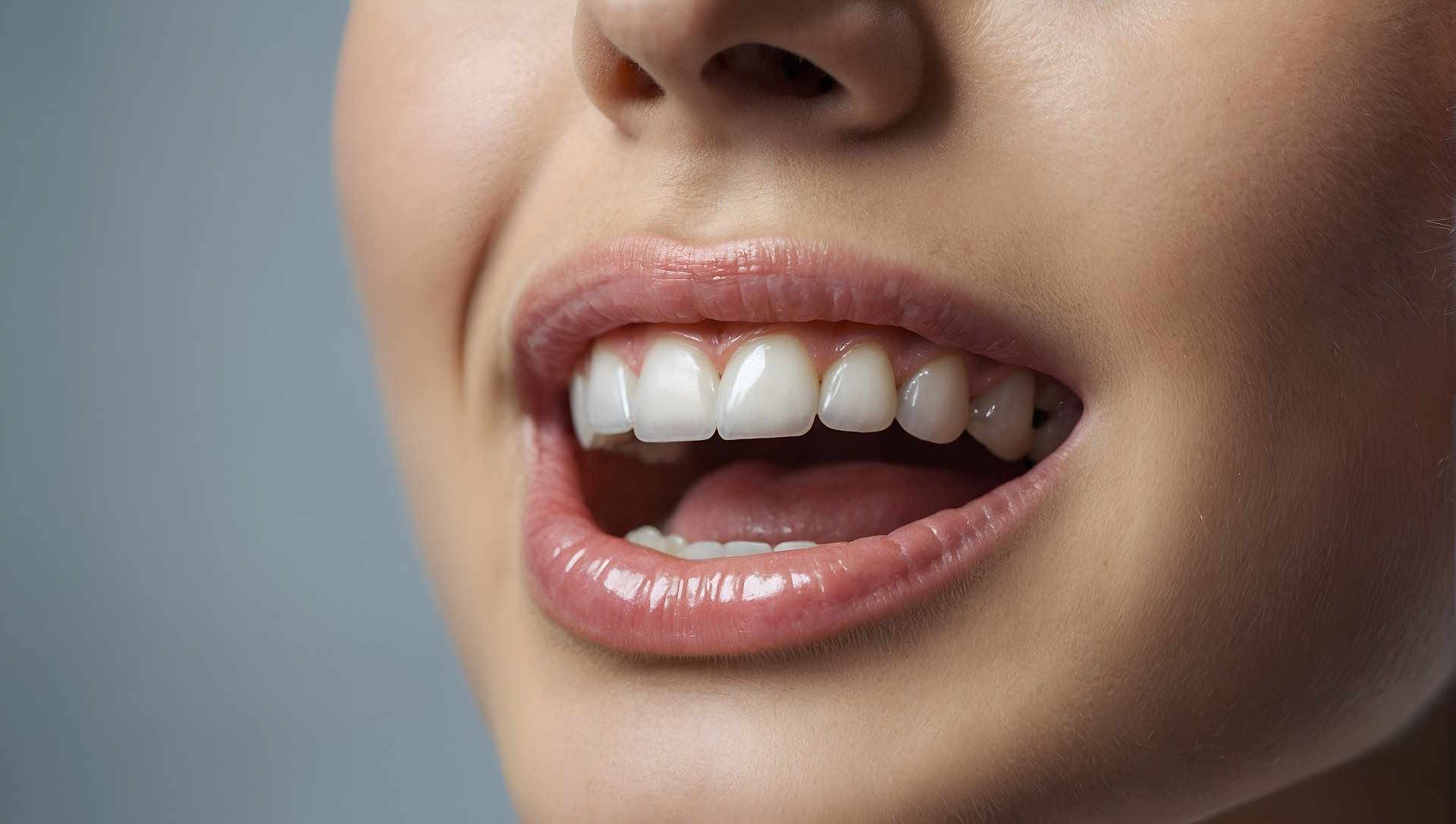Full Mouth Dental Implants: A Modern Option Worth Discovering
Dental health significantly impacts overall quality of life, affecting everything from nutrition to self-confidence. When multiple teeth are missing or damaged beyond repair, full mouth dental implants present a transformative solution. Unlike traditional dentures that rest on the gums, these implants are surgically anchored into the jawbone, providing a permanent foundation for replacement teeth that look, feel, and function like natural teeth. This modern dental innovation has revolutionized tooth replacement by addressing both aesthetic concerns and practical functionality, giving patients a second chance at a complete, natural-looking smile.

Why Consider Full Mouth Dental Implants
Full mouth dental implants offer several advantages over conventional tooth replacement options. First and foremost, they provide remarkable stability since they’re anchored directly to the jawbone, eliminating the slipping and movement common with traditional dentures. This secure foundation allows for improved chewing efficiency, enabling patients to enjoy a wider variety of foods without restriction. Additionally, dental implants help preserve facial structure by preventing the bone loss that typically occurs when teeth are missing. When tooth roots are absent, the jawbone gradually resorbs, leading to a sunken facial appearance over time. Implants stimulate the bone through a process called osseointegration, maintaining both jaw health and facial aesthetics for years to come.
Another compelling reason to consider full mouth implants is their longevity. While dentures typically require replacement every 5-10 years, properly maintained dental implants can last for decades or even a lifetime. This durability makes them a potentially cost-effective option despite higher initial investment. Furthermore, the psychological benefits cannot be overstated—many patients report significant improvement in self-confidence and social comfort after implant treatment.
Treatment Process for Full Mouth Dental Implants
The full mouth dental implant journey typically unfolds over several months. The process begins with a comprehensive examination including dental imaging to assess bone density and determine implant placement. Based on these findings, your dental specialist creates a customized treatment plan addressing your specific needs. Some patients require preliminary procedures like bone grafting or tooth extractions before implant placement can begin.
During the surgical phase, titanium implant posts are precisely positioned in the jawbone. Following surgery, a healing period of 3-6 months allows osseointegration to occur—the process where the jawbone fuses with the implant, creating a stable foundation. Once healing is complete, abutments are attached to the implants, serving as connectors between the implant posts and the final restoration. Finally, custom-made prosthetic teeth are secured to the abutments, completing the transformation. Throughout this process, temporary prosthetics ensure you’re never without teeth.
Compare Dental Clinics Near You
Finding the right dental provider for full mouth implants requires careful research and consideration. When evaluating clinics in your area, examine their specialization and experience specifically with full mouth dental implant procedures. Specialists like prosthodontists and oral surgeons often have additional training beyond general dentistry, which can be beneficial for complex cases.
Certification and credentials matter significantly—look for providers certified by recognized organizations like the American Academy of Implant Dentistry or similar professional associations in your region. Technology and equipment also differentiate clinics, with advanced options like 3D imaging and computer-guided implant placement offering potential benefits in precision and comfort.
Patient reviews and before-and-after galleries provide valuable insights into previous patients’ experiences and results. Most reputable clinics offer free consultations, giving you an opportunity to meet the team, discuss your case, and assess your comfort level before making any commitments.
Cost Considerations for Full Mouth Dental Implants
Full mouth dental implants represent a significant investment in oral health. The cost for complete mouth restoration using dental implants typically ranges from $20,000 to $45,000 per arch (upper or lower), with a full mouth reconstruction ranging from $40,000 to $90,000. These figures vary based on several factors including geographic location, provider expertise, materials used, and necessary preliminary procedures.
| Provider Type | Average Cost Range (Per Arch) | Typical Inclusions |
|---|---|---|
| General Dentist | $20,000 - $30,000 | Basic implants, standard prosthetics |
| Specialist (Prosthodontist) | $25,000 - $45,000 | Premium implants, custom prosthetics, advanced technology |
| Dental School Clinics | $15,000 - $25,000 | Supervised student work, longer treatment timeframes |
| All-on-4 Specialists | $24,000 - $40,000 | Same-day teeth using 4-6 implants per arch |
Prices, rates, or cost estimates mentioned in this article are based on the latest available information but may change over time. Independent research is advised before making financial decisions.
Many providers offer financing options to make treatment more accessible, including in-house payment plans, medical credit cards like CareCredit, or dental financing companies. Some dental insurance plans provide partial coverage for implants, though coverage limits are typically capped at a few thousand dollars. Patients might also consider dental tourism—seeking treatment in countries with lower healthcare costs—though this comes with additional considerations regarding follow-up care and potential complications.
Explore Your Options and Take the Next Step
Full mouth dental implants offer several configuration approaches to suit different clinical needs and budgets. The All-on-4 technique uses just four strategically placed implants per arch to support a full set of fixed prosthetic teeth, often allowing same-day tooth replacement. Traditional approaches might use 6-8 implants per arch for maximum stability. Implant-supported overdentures combine aspects of conventional dentures with implant technology, using fewer implants (typically 2-4) to secure removable dentures.
Materials for prosthetic teeth range from acrylic to zirconia or porcelain, each offering different durability, aesthetics, and price points. Your dentist can help determine which approach best suits your specific condition, preferences, and budget. Most providers offer free consultations where you can discuss these options in detail.
Before making a decision, consider seeking multiple professional opinions. Prepare a list of questions addressing concerns about the procedure, recovery, maintenance requirements, and financing options. Ask to see similar cases the provider has completed, and if possible, speak with previous patients about their experiences.
This article is for informational purposes only and should not be considered medical advice. Please consult a qualified healthcare professional for personalized guidance and treatment.




